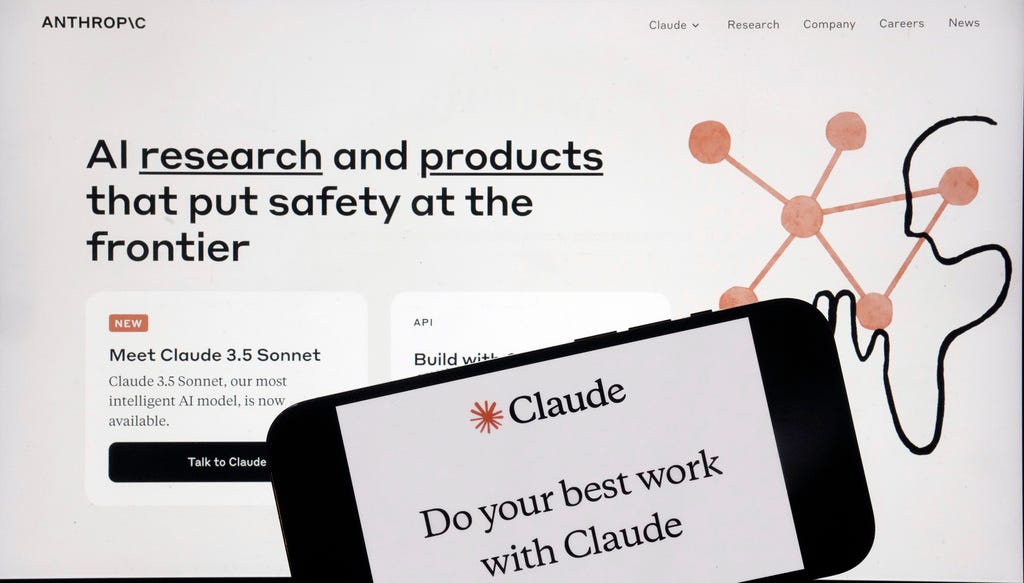Training AI is Fair Use, Microsoft-OpenAI Rivalry Heats Up, Meta Poaches More AI Talent, OpenAI's Hardware Plans, & Apple Eyes Perplexity
AI training is "fair use", but piracy could hinder competition, Microsoft and OpenAI compete, Meta hires more AI talent, OpenAI's hardware plans revealed, and Apple eyes Perplexity
Training AI is “Fair Use”, But Piracy Could Hinder Competition
A U.S. federal judge ruled that Anthropic’s use of copyrighted books to train their Claude chatbot qualifies as “fair use” due to its transformative nature, which is a major win for AI developers.
Judges use 4 key factors for resolving fair use disputes, which are guidelines that courts adapt …



